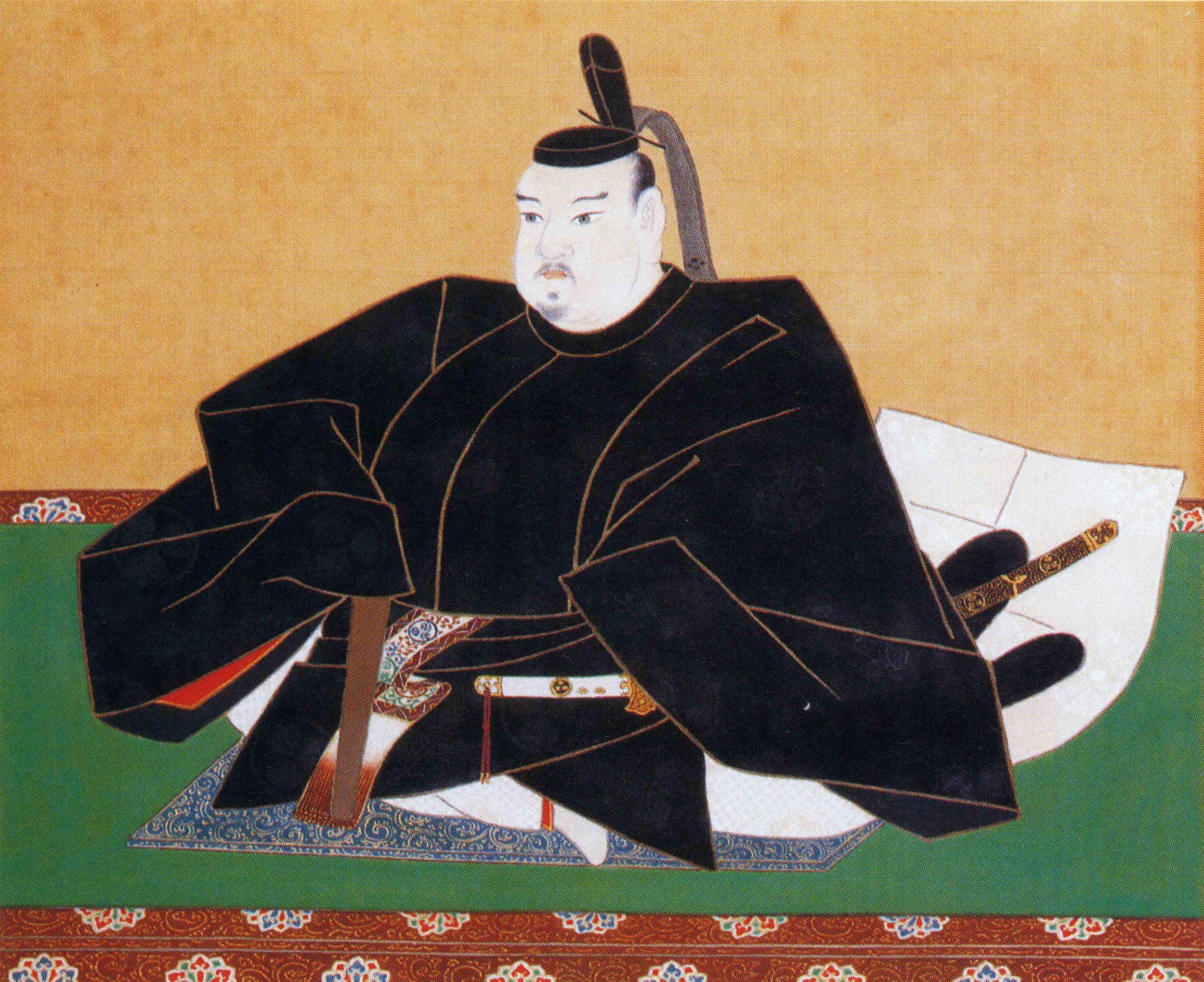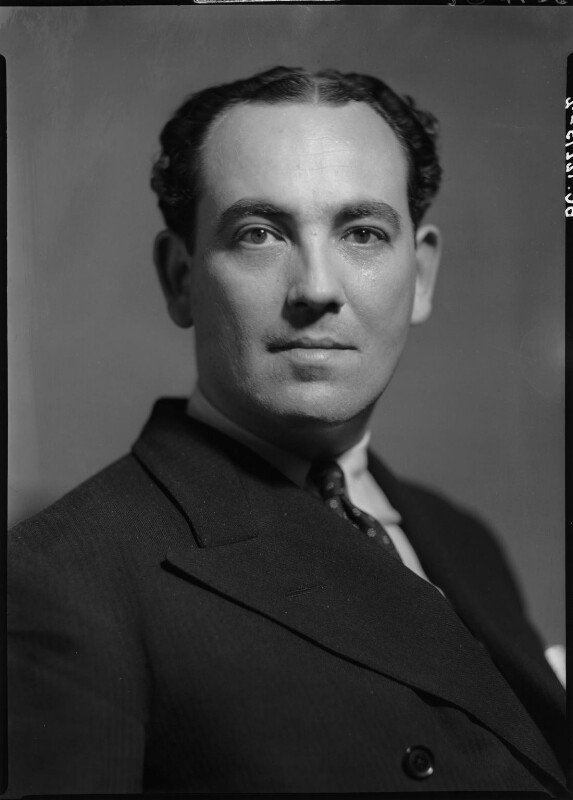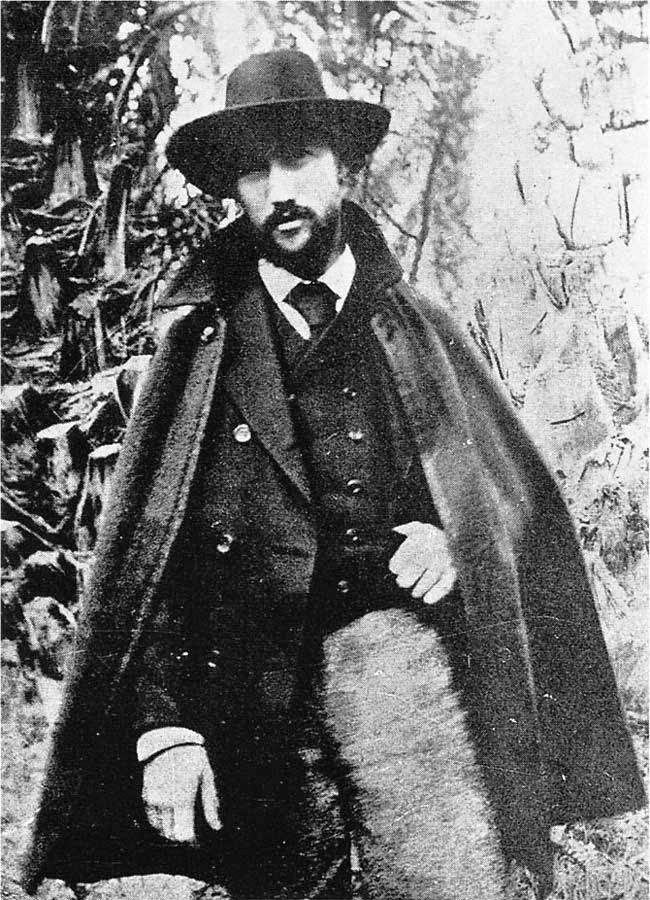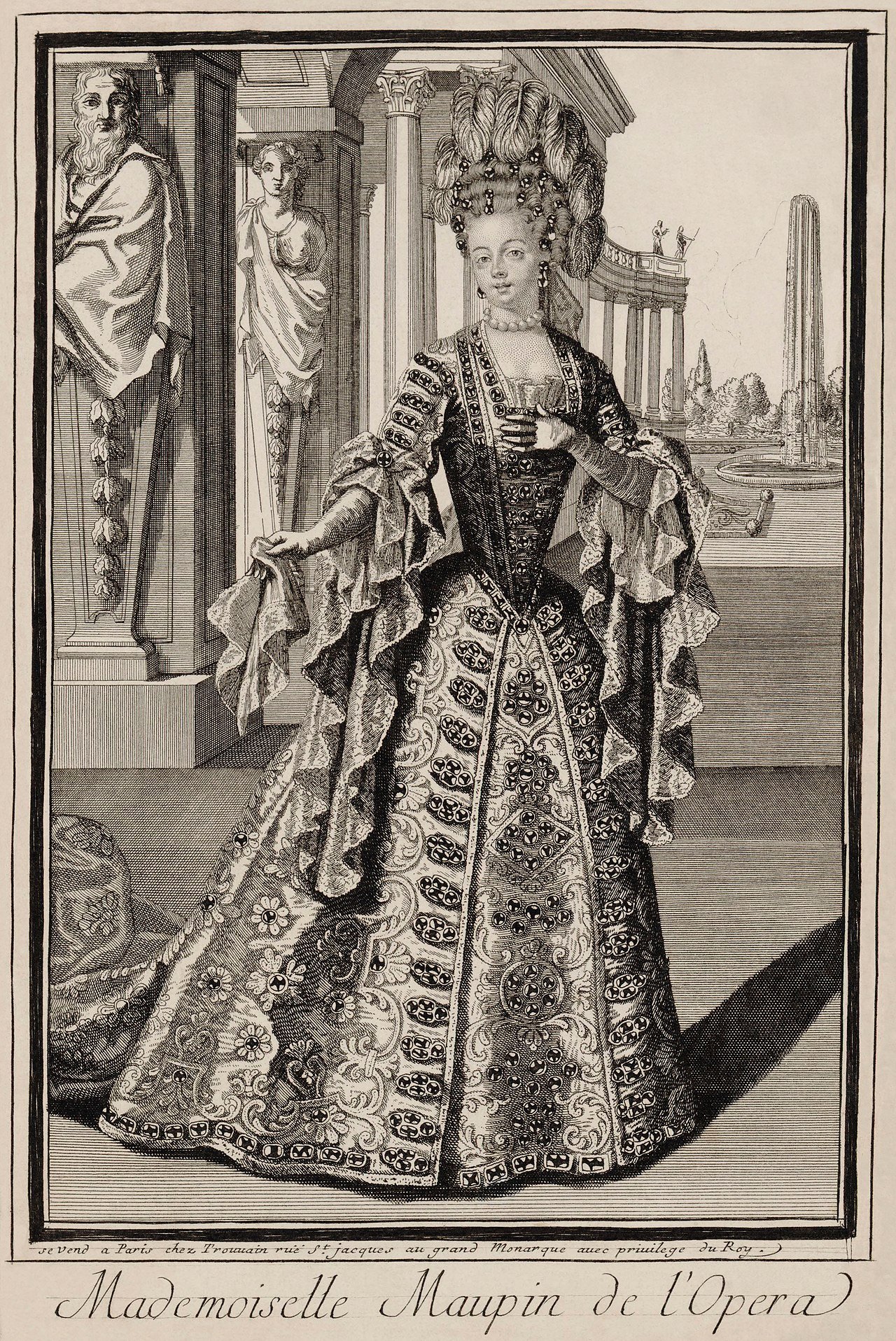S6E10: Benedetta Carlini
The 16th century mystic nun, lesbian, and possibly demonically possessed heretic Benedetta Carlini was the subject of a 2021 film by Paul Verhoeven. We’re telling the true story of her life.
What's your favorite Paul Verhoeven film? We knew you were going to say Showgirls–but we'll put in a word for his latest, Benedetta, with Charlotte Rampling acting up a storm and nuns diddling each other with dildos carved out of statues of the Virgin. Improbably, the film is based on a true story: and within it, and within its subject's life, there are important themes of power, gender transgression, sin, belief and deviance that are worth discussing in more detail. Today, we discuss the 16th century mystic nun, lesbian, possibly demonically possessed and possibly visionary heretic, Benedetta Carlini.
SOURCES:
Brown, Judith C. Immodest Acts: The Life of a Lesbian Nun in Renaissance Italy. Reprint édition. New York, NY: Oxford University Press, 1986.
———. “Lesbian Sexuality in Renaissance Italy: The Case of Sister Benedetta Carlini.” Signs 9, no. 4 (1984): 751–58.
Cohn, Norman. The Pursuit of the Millennium: Revolutionary Millenarians and Mystical Anarchists of the Middle Ages, Revised and Expanded Edition. Revised edition. New York: Oxford University Press, 1970.
Ginzburg, Carlo. The Cheese and the Worms: The Cosmos of a Sixteenth-Century Miller. Translated by John Tedeschi and Anne C. Tedeschi. Reprint edition. Baltimore: Johns Hopkins University Press, 2013.
“The Word Made Fresh: Mystical Encounter and the New Weird Divine - Journal #92.” Accessed June 6, 2023. https://www.e-flux.com/journal/92/205298/the-word-made-fresh-mystical-encounter-and-the-new-weird-divine/.
Our intro and outro music are, respectively, Arpeggia Colorix, by Yann Terrien, and a tune written for us by DJ Michael Oswell Graphic Designer.
S6E9: Tokugawa Iemitsu
Through the life of this 17th century Japanese shogun, we explore the role of same-sex relationships in Japanese court culture of the time, the radically different meanings of age and gender in different times and places, and a gay teen romance that ends, alas, with being stabbed to death in the bathtub.
Through the life of this 17th century Japanese shogun, we explore the role of same-sex relationships in Japanese court culture of the time, the radically different meanings of age and gender in different times and places, and a gay teen romance that ends, alas, with being stabbed to death in the bathtub.
SOURCES:
Louis Crompton, Homosexuality & Civilization, Annotated edition (Cambridge, Mass.: Harvard University Press, 2006)
Koichi, “The Gay of the Samurai,” Tofugu, September 30, 2015, https://www.tofugu.com/japan/gay-samurai/
Gregory M. Pflugfelder, Cartographies of Desire: Male-Male Sexuality in Japanese Discourse, 1600–1950 (Berkeley: University of California Press, 2007)
Our intro music is Arpeggia Colorix by Yann Terrien, downloaded from WFMU's Free Music Archive and distributed under a Creative Commons Attribution-ShareAlike License. Our outro music is by DJ Michaeloswell Graphicsdesigner. Image via.
S6E8: Dong Xian
There’s power in being the king who sits upon the throne, but also power in being the throne upon who the king sits. This was true as ever in the court of Emperor Ai in Han Dynasty China in 22 BC.
There’s power in being the king who sits upon the throne, but also power in being the throne upon who the king sits. This was true as ever in the court of Emperor Ai in Han Dynasty China in 22 BC. We’re going to be talking about someone who in 21 short years of life rose from a low class status to being one of the most powerful imperial officials in China – all by becoming the favorite of the Emperor. Their passion was so renowned it led to the creation of what remains a Chinese idiomatic expression for homosexuality. But we’ll also be talking about prevailing bisexuality in the Han dynasty court, the reception culture of this story both in China and outside it then and now, and how people in both China and the West have adopted this story.
SOURCES:
Howard Chiang, “Epistemic Modernity and the Emergence of Homosexuality in China: Epistemic Modernity and the Emergence of Homosexuality in China,” Gender & History 22, no. 3 (November 2010): 629–57, https://doi.org/10.1111/j.1468-0424.2010.01612.
Bret Hinsch, Passions of the Cut Sleeve: The Male Homosexual Tradition in China, Reprint edition (Berkely, Calif.: University of California Press, 1992)
Martin W. Huang, “Male-Male Sexual Bonding and Male Friendship in Late Imperial China,” Journal of the History of Sexuality 22, no. 2 (2013): 312–31
M. P. Lau and M. L. Ng, “Homosexuality in Chinese Culture,” Culture, Medicine and Psychiatry 13, no. 4 (December 1, 1989): 465–88, https://doi.org/10.1007/BF00052053
Tze-lan Deborah Sang, “Translating Homosexuality: The Discourse of Tongxing’ai in Republican China (1912–1949),” in Translating Homosexuality: The Discourse of Tongxing’ai in Republican China (1912–1949) (Duke University Press, 2000), 276–304
James D. Seymour, review of Review of Passions of the Cut Sleeve: The Male Homosexual Tradition in China, by Bret Hinsch, Journal of the History of Sexuality 3, no. 1 (1992): 141–43
Ping-Hsuan Wang, “I’m a ‘Cut-Sleeve’: Coming out from a POC Perspective,” Narrative Inquiry 31, no. 2 (July 12, 2021): 338–57, https://doi.org/10.1075/ni.19088.wan
Intersections: Interview with Samshasha, Hong Kong’s First Gay Rights Activist and Author,” accessed May 15, 2023, http://intersections.anu.edu.au/issue4/interview_mclelland.html.
Our intro music is Arpeggia Colorix by Yann Terrien, downloaded from WFMU's Free Music Archive and distributed under a Creative Commons Attribution-ShareAlike License. Our outro music is by DJ Michaeloswell Graphicsdesigner. Image via.
S6E7: Tom Driberg
Was he an honest or devious? A man driven by fidelity, or by treachery? Perhaps we’ll get to the bottom of it when we discuss the life of Tom Driberg, the Lord Bradwell, journalist, socialist, MP, Chairman of the Labour Party, and cocksucker.
Today’s figure is the sort of character who has been extinguished from British public life today, and maybe that’s for the best. He’s a mass of contradictions, the sort of mass that confuses the idea of an easy history of “lessons we can learn”. How did this man manage to be both an avant-garde poet and a gossip columnist, a communist revolutionary and a High Anglican devotee, a labour organiser and a lord? Or perhaps more accurately, how did he manage to inhabit all these roles with a level of seeming sincerity and honest commitment? Was he an honest man, or a devious one? A man driven by fidelity, or by treachery? Perhaps we’ll get to the bottom of it when we discuss the life of Tom Driberg, the Lord Bradwell, journalist, socialist, MP, Chairman of the Labour Party, and cocksucker.
SOURCES:
Tom Driberg, Ruling Passions (London: Quartet Books, 1980).
Francis Wheen, The Soul of Indiscretion: Tom Driberg ; Poet, Philanderer, Legislator and Outlaw (London: Fourth Estate, 2001).
Our intro music is Arpeggia Colorix by Yann Terrien, downloaded from WFMU's Free Music Archive and distributed under a Creative Commons Attribution-ShareAlike License. Our outro music is by DJ Michaeloswell Graphicsdesigner. Image via.
S6E6: Griselda Blanco
Today’s subject was la Madrina, the drug lord of the Colombian Medellín Cartel. Born in 1943 in Cartegena, on the north coast of Columbia, she became the so-called "Queenpin," and adopted all the macho tropes of the gangster.
Nicki Minaj once rapped: Drug Lord Griselda, I used to move weight thru Delta. She’s referring to today’s subject, la Madrina, the drug lord of the Colombian Medellín Cartel, Griselda Blanco Restrepo, the Black Widow. Born in 1943 in Cartegena, on the north coast of Columbia, she became the so-called "Queenpin," and adopted all the macho tropes of the gangster. We argue she wasn't the biggest gangster at the head of her cartel, but one of the smallest gangsters in a whole world of cartels that have worked to bring the fruits of South America’s land into the United States market, at the cost of millions of human lives.
SOURCES:
José Guarnizo Álvarez, “Colombia’s ‘Cocaine Queen’ Living in Obscurity When She Was Shot Dead,” EL PAÍS English, September 13, 2012, sec. International, https://english.elpais.com/elpais/2012/09/13/inenglish/1347536945_696771.html
Episode 2: Berner Interviews Michael Corleone Blanco (Full Episode), 2019, https://www.youtube.com/watch?v=eODEHYQhKO0
Billy Corben, “Griselda Blanco: Hasta Nunca y Gracias Por La Coca,” Vice, May 9, 2012, https://www.vice.com/es/article/3b5jz8/griselda-blanco-so-long-and-thanks-for-all-the-cocaine
James Kelly, “South Florida: Trouble in Paradise,” Time, November 23, 1981, https://content.time.com/time/subscriber/article/0,33009,922693,00.html
Justin Vallejo, “Wild Real Life Story behind ‘Cocaine Godmother’ Portrayed by Sofia Vergara,” The Independent, April 5, 2022, sec. News, https://www.independent.co.uk/news/world/americas/griselda-blanco-sofia-vergara-netflix-b2051670.html.
Our intro music is Arpeggia Colorix by Yann Terrien, downloaded from WFMU's Free Music Archive and distributed under a Creative Commons Attribution-ShareAlike License. Our outro music is by DJ Michaeloswell Graphicsdesigner. Image via.
S6E5: André Gide
This week, we tackle the French author André Gide, a self-styled "immoralist" who oscillated between an austere Protestantism and a sensualism he associated with the so-called "Orient," and who elevated pederasty above sodomy in a way that helps us understand the often-disfiguring influence of upper-class male sexual desires on the construction of the 20th century gay male identity.
Warning: this episode contains discussions of child sexual abuse. Listener discretion is advised.
This week, we tackle the French author André Gide, a self-styled "immoralist" who oscillated between an austere Protestantism and a sensualism he associated with the so-called "Orient," and who elevated pederasty above sodomy in a way that helps us understand the often-disfiguring influence of upper-class male sexual desires on the construction of the 20th century gay male identity.
SOURCES:
Kadji Amin, Disturbing Attachments: Genet, Modern Pederasty, and Queer History, electronic resource, Theory Q (Durham: Duke University Press, 2017)
Andre Gide, If It Die . . .: An Autobiography, New Ed edition (New York: Vintage, 2001)
Andre Gide, The Counterfeiters (Vintage, 2012)
Andre Gide, The Immoralist, trans. Richard Howard, Reissue edition (Vintage, 2014)
Mary McAuliffe, Paris on the Brink: The 1930s Paris of Jean Renoir, Salvador Dalí, Simone de Beauvoir, André Gide, Sylvia Beach, Léon Blum, and Their Friends, Illustrated edition (Lanham Boulder New York London: Rowman & Littlefield Publishers, 2020)
George D. Painter, Andre Gide: A Critical Biography (London: Littlehampton Book Services Ltd)
Edward W. Said, Culture and Imperialism, Reprint edition (New York: Vintage, 1994).
Alan Sheridan, André Gide: A Life in the Present (Harvard University Press, 1999)
Edmund White, "On the chance that a shepherd boy...," London Review of Books, December 10, 1998, https://www.lrb.co.uk/the-paper/v20/n24/edmund-white/on-the-chance-that-a-shepherd-boy.
Our intro music is Arpeggia Colorix by Yann Terrien, downloaded from WFMU's Free Music Archive and distributed under a Creative Commons Attribution-ShareAlike License. Our outro music is by DJ Michaeloswell Graphicsdesigner.
S6E4: Mustapha Ben Ismaïl
Today we welcome special guest Arthur Asseraf to talk about Mustapha Ben Ismaïl, a terrifyingly ambitious twink who rose from being an illiterate street beggar to Prime Minister on the strength of the king's love for him –– and whose disastrous policies helped bring an end to Tunisia's independence.
Today we welcome special guest (and Associate Professor in History at the University of Cambridge) Arthur Asseraf to talk about Mustapha Ben Ismaïl, a terrifyingly ambitious twink who rose from being an illiterate street beggar to Prime Minister on the strength of the king's love for him –– and whose disastrous policies helped bring an end to Tunisia's independence.
SOURCES:
Ramy Khouili & Daniel Levine-Spound, Article 230: A History of the Criminalization of Homosexuality in Tunisia, available online: https://article230.com/en/article-320-eng/…
Marcel Gandolphe, ‘Une figure tunisienne: Mustapha ben Ismaïl’, Revue tunisienne, 144, mars-avril 1921, p.83-87
Khayr al-Din al-Tunsi, Memoirs, (ed. Mohamed-Salah Mzali and Jean Pignon), Tunis, 1971.
Ibn Abi Dhiaf, Ahmad, Ithaf Ahl al-zaman bi Akhbar muluk Tunis wa 'Ahd el-Aman (إتحاف أهل الزمان بأخبار ملوك تونس وعهد الأمان), (1990 edition), Tunis.
Jean Ganiage, Les Origines du Protectorat français en Tunisie, Tunis, 1959.
Guellouz, Masmoudi, Smida, Histoire générale de la Tunisie: t.3 les temps modernes, Tunis, 1983.
Khaled el Rouayheb, Before Homosexuality in the Arab-Islamic World, 1500-1800, Chicago, 2005.
Jocelyne Dakhlia, L’Empire des passions: l'arbitraire politique en Islam, Paris, 2005.
Kenneth Perkins, A History of Modern Tunisia, Cambridge University Press, 2014.
Abdelhamid Larguèche, Les Ombres de Tunis: pauvres, marginaux et minorités aux XVIIIe et XIXe siècles, Tunis, 2000.
Abdelwahab Bouhdiba, La sexualité en islam, Paris, 1975.
Nizar ben Saad, Lella Kmar, le destin tourmenté d’une nymphe du sérail (1862-1942), Tunis.
Robert Aldrich, 'Homosexuality in the French Colonies', Journal of Homosexuality, 41:3-4, 2002
Joseph Massad, Desiring Arabs, Chicago, 2007.
Sirat Mustafa bin Isma'il (سيرة مصطفى بن اسماعيل ( edited Rashad al-Imam, Tunis, 1981
Our intro and outro music are, respectively, Arpeggia Colorix, by Yann Terrien, and a tune written for us by DJ Michael Oswell Graphic Designer.
S6E3: Jorge Horacio Ballvé Piñero
Argentina, 1942: a scandal breaks. Tabloids scream about newly discovered photographs taken at homosexual orgies in amateur photographer Jorge Horacio Ballvé Piñero’s apartment: photos allegedly depicting young cadets from the national military university in compromising positions.
Argentina, 1942: a scandal breaks. Tabloids scream about newly discovered photographs –– taken by the amateur photographer Jorge Horacio Ballvé Piñero –– at homosexual orgies in Ballvé's apartment, photos allegedly depicting young cadets from the national military university in compromising positions. 29 cadets are expelled, discharged, and/or punished, Ballvé thrown in jail, and the government collapsed, toppled by a right-wing coup promising moral cleanup.
SOURCES:
Demaría, Gonzalo. Cacería. Primera edición. Buenos Aires: Planeta, 2020.
———. Jugos de Amor e Guerra. Buenos Aires, Argentina: Centro Cultural de la Cooperación, 2019.
Encarnación, Omar Guillermo. Out in the Periphery: Latin America’s Gay Rights Revolution. New York: Oxford University Press, 2016.
Espinoza, Lucas E, and Rosalva Resendiz. “Los Secretos de La Redada de Los 41 (The Secrets of the Raid of the 41): A Sociohistorical Analysis of a Gay Signifier.” In NAACS Annual Conference Proceedings. San Jose State University, 2018.
Melo, Adrian. “Cadetes de San Martín | Entrevista a Gonzalo Demaría, que investiga los expedientes judiciales del conocidísimo escándalo de los cadetes.” PAGINA12, 1560903914. https://www.pagina12.com.ar/201169-cadetes-de-san-martin.
Our intro music is Arpeggia Colorix by Yann Terrien, downloaded from WFMU's Free Music Archive and distributed under a Creative Commons Attribution-ShareAlike License. Our outro music is by DJ Michaeloswell Graphicsdesigner. Image –– which depicts the avenue in Buenos Aires where Ballvé found some of his tricks — via.
S6E2: Julie D’Aubigny
She's an icon, she's a legend, and she is the moment. The Mozart of bisexual drama, sword-fighting crossdressing opera singer Julie D'Aubigny burned through a dizzying series of lives, loves, husbands, mistresses, swordfights, operatic performances, lovers, and successes at the Paris Opera before dying in a convent in her early 30s.
She's an icon, she's a legend, and she is the moment: today’s subject caused such a scandal in her life that even its fictionalized depiction in a novel was banned by the New York Society for the Suppression of Vice. The Mozart of bisexual drama, sword-fighting crossdressing opera singer Julie D'Aubigny burned through a dizzying series of lives, loves, husbands, mistresses, swordfights, operatic performances, lovers, and successes at the Paris Opera before dying in a convent in her early 30s.
SOURCES
“Biographical Sketches and Anecdotes: Julie D’Aubigny.” In The Dublin University Magazine, 408–10. William Curry, Jun., and Company, 1854.
Blackmer, Corrine, and Patricia Juliana Smith, eds. En Travesti: Women, Gender Subversion, Opera. 0 edition. New York: Columbia University Press, 1995.
Carlton, Genevieve. “Meet The Sword-Fighting, Bisexual Opera Singer Who Broke All The Rules In 17th-Century France.” All That’s Interesting, March 3, 2022. https://allthatsinteresting.com/julie-daubigny.
Cuttle, Jade. “The Story of Julie d’Aubigny: The French Opera-Singing Sword Fighter.” Culture Trip, August 8, 2018. https://theculturetrip.com/france/articles/the-story-of-julie-daubigny-the-french-opera-singing-sword-fighter/.
Gautier, Theophile. Mademoiselle de Maupin. Translated by Patricia Duncker. Revised edition. Cambridge, London: Penguin Classics, 2005.
Giovetti, Olivia. “Women In Love.” VAN Magazine, April 9, 2020. https://van-magazine.com/mag/women-in-love/.
Harris, Joseph. Hidden Agendas: Cross-Dressing in 17th-Century France. Tübingen: Narr Dr. Gunter, 2011.
Hoddinott, Fiona Zublin, Meradith. “The Badass Rogue Who Cross-Dressed and Dueled Her Way to Infamy.” OZY(blog), January 27, 2020. http://www.ozy.com/true-and-stories/the-badass-rogue-who-cross-dressed-and-dueled-her-way-to-infamy/76908.
Interlude. “The Daring Criminal Swordswoman Who Became an Opera Star!” Interlude (blog), October 28, 2016. https://interlude.hk/lesbian-diva-swordswoman-julie-daubigny-aka-mademoiselle-maupin/.
Kelly Gardiner. “The Real Life of Julie d’Aubigny,” May 11, 2014. https://kellygardiner.com/fiction/books/goddess/the-real-life-of-julie-daubigny/.
Koestenbaum, Wayne. Queen’s Throat: Opera, Homosexuality And The Mystery Of Desire. Reprint edition. London: Da Capo Press, 2001.
“Maupin, d’Aubigny (c. 1670–1707) | Encyclopedia.Com.” Accessed January 9, 2023. https://www.encyclopedia.com/women/encyclopedias-almanacs-transcripts-and-maps/maupin-daubigny-c-1670-1707.
Tucker, Holly. City of Light, City of Poison: Murder, Magic, and the First Police Chief of Paris. Reprint edition. New York: W. W. Norton & Company, 2018.
Vitale, Alex S. The End of Policing. Updated edition. New York: Verso, 2021.
Westby, Alan. “Julie d’Aubigny: La Maupin and Early French Opera.” The Los Angeles Public Library, June 28, 2017. https://www.lapl.org/collections-resources/blogs/lapl/julie-daubigny-la-maupin-and-early-french-opera.
Our intro music is Arpeggia Colorix by Yann Terrien, downloaded from WFMU's Free Music Archive and distributed under a Creative Commons Attribution-ShareAlike License. Our outro music is by DJ Michaeloswell Graphicsdesigner. Image via.
S6E1: George Santos
In any gay bar, there is at least one delusional queen who can't stop lying about his life. If you give him firearms and crystal meth, he turns into Andrew Cunanan. If you elect him to Congress, he turns into George Santos, who we argue is as likely as anyone else to become the first gay President of the United States.
We're starting off Season Six with George Santos, who rocketed the pathological homosexual narcissism we've spent much of our show discussing to the halls of Congress. In gay bar, there is at least one delusional queen who can't stop lying about his life. If you give him firearms and crystal meth, he turns into Andrew Cunanan. If you elect him to Congress, he turns into George Santos, who we argue is as likely as anyone else to become the first gay President of the United States.
SOURCES:
https://www.nytimes.com/2022/12/19/nyregion/george-santos-ny-republicans.html
https://www.theguardian.com/us-news/2019/jun/27/pete-buttigieg-police-shooting-south-bend-indiana
https://forward.com/fast-forward/529798/george-santos-jewish-american-republican-congress/
https://www.nytimes.com/2022/12/23/nyregion/george-santos-republican-resume.html
https://thehandbasket.substack.com/p/the-daily-santos-vol-7
https://www.vox.com/policy-and-politics/23520848/george-santos-fake-resume
https://patch.com/new-york/oysterbay/disabled-veteran-george-santos-took-3k-dying-dogs-gofundme
https://www.nytimes.com/2023/03/15/nyregion/george-santos-yacht.html
https://nymag.com/intelligencer/2023/03/the-plan-for-george-santos-magas-newest-it-girl.htm
https://nymag.com/intelligencer/2023/03/george-santos-files-paperwork-to-run-in-2024.html
Our intro music is Arpeggia Colorix by Yann Terrien, downloaded from WFMU's Free Music Archive and distributed under a Creative Commons Attribution-ShareAlike License. Our outro music is by DJ Michaeloswell Graphicsdesigner. Image via.




















